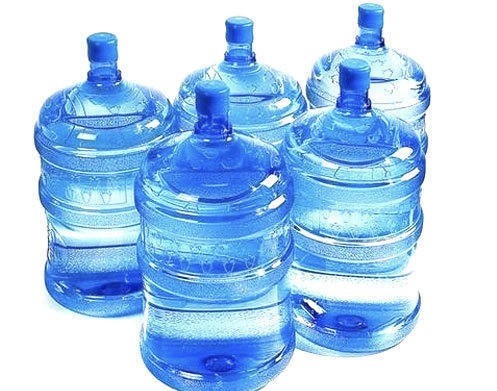Health Hazard Alert: Unregulated Cold Water Sales In Plastic Cans Rampant in Nagpur

Health Hazard Alert: Unregulated Cold Water Sales In Plastic Cans Rampant in Nagpur
A water vendor fills a can with unregulated cold water in Nagpur, amidst growing concerns over health safety.
In a startling revelation, it has come to light that over a thousand unauthorized water dispensing units are operating in Nagpur, distributing cold water in cans without any governmental oversight, thereby potentially compromising the health of consumers.
Certain businesses sell water directly from cans without any standard checks or treatments. These businesses are reportedly making a daily turnover of lakhs of rupees, but they remain untaxed with no GST applied, which encourages their unchecked expansion. The local Municipal Corporation does provide pure water to these units, but the lack of regulation allows these vendors to sell untreated water at high prices, significantly marking up the cost.
On the other hand, consumers are being charged Rs. 40 for 17 litres of water, which is significantly more than the actual cost of water provision. This practice not only undermines economic fairness but also exposes the public to severe health risks, given the absence of quality control.
The responsibility for regulating these water dispensaries has long been a subject of debate among various government departments. The Food and Drug Administration is in charge of bottled water, but when it comes to open water sold in cans, there seems to be no clear oversight.
Departments like the Municipal Health Department, the Department of Indian Standards, and others are involved, yet none have taken definitive action to curb this practice.
A few years back, when reverse osmosis (RO) water projects were introduced, there was a push for clear regulatory responsibility to be established. However, decisions in this regard remain pending, and guidelines for action against these RO projects have yet to be finalized.
The District Consumer Protection Council, led by the collector as president and the district supply officer as secretary, is tasked with addressing consumer-related issues. Nevertheless, the council has not yet taken strong steps to address the risks associated with these unregulated water sales.
This issue not only highlights a significant public health risk but also points to a broader problem of administrative accountability and consumer protection in Nagpur. Immediate action is required to ensure water purity standards are met and to safeguard the health of the city’s residents. The administration needs to assign inspection responsibilities to a specific department and take decisive steps to regulate or halt this unchecked trade in cold water cans.








